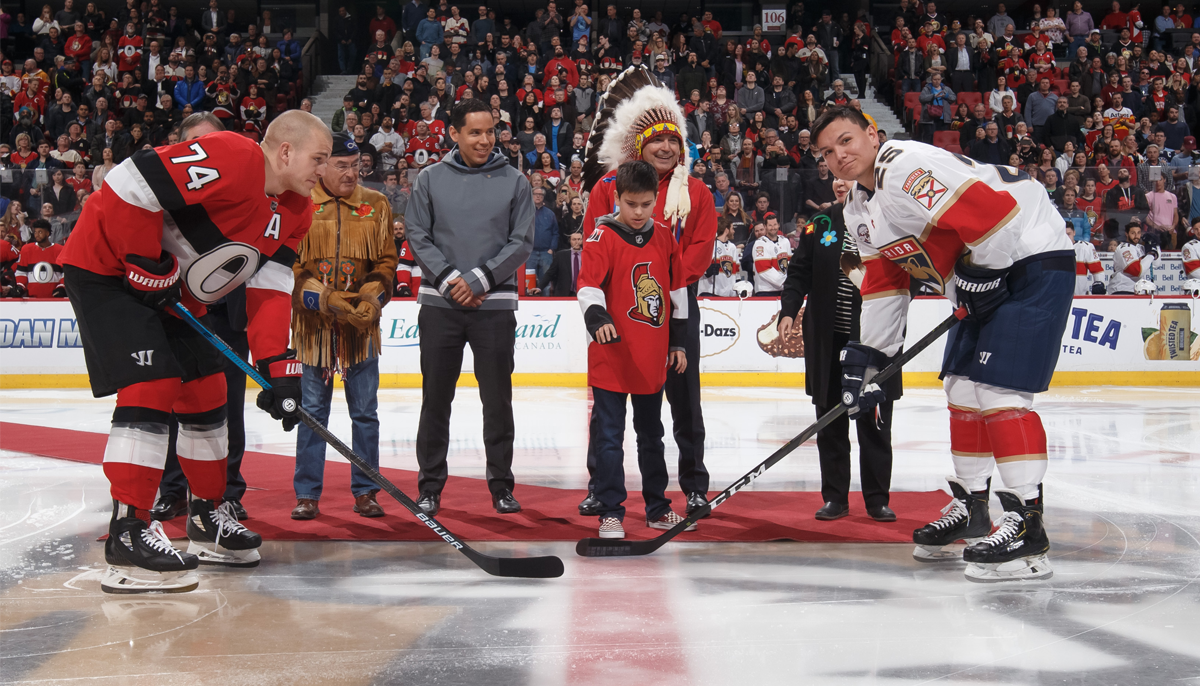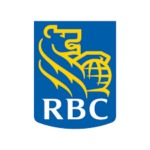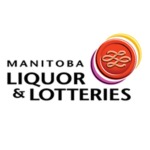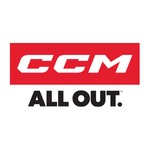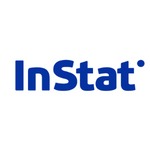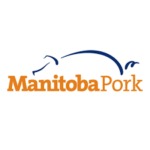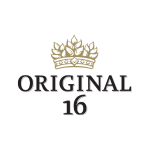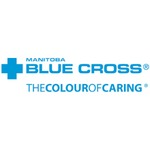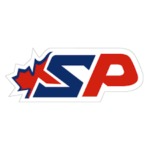By Kyle Prystupa, MJHL Media:
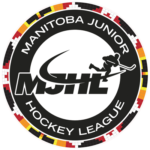
In honour of National Indigenous Peoples Day the MJHL celebrates the rich history of Indigenous players, coaches, management and staff that continue to be a fabric to the success of the league. “On this day of celebration, we are proud to recognize the many players and personnel with Indigenous backgrounds that contribute to our league on a daily basis. We are also excited to highlight a number of Indigenous players that have carried the MJHL banner onto the highest levels of hockey” comments MJHL Commissioner, Kim Davis.
Historically there is a deep collection of achievement from MJHL Indigenous alumni with NHL names like Reggie Leach, Ted Nolan, and Theo Fleury, the MJHL has had countless Indigenous players participate and succeed in the league. Each season a significant segment of the player pool represents an Indigenous background such as First Nation, Métis, and Inuit. The most recent player highlight comes from Brady Keeper of Pimicikamak Cree Nation (Cross Lake) who advanced to the University of Maine (NCAA) through the OCN Blizzard. This past spring, he earned an NHL contract with the Florida Panthers after just two college seasons, playing in his first NHL game on March 28, 2019.
Zach Whitecloud from Sioux Valley Dakota Nation, a Virden Oil Capitals product, advanced to Bemidji State University (NCAA) and signed an entry-level deal with the Vegas Golden Knights last March. Whitecloud enjoyed a strong rookie season as a professional and was a major factor in the Chicago Wolves (AHL) run to the 2019 Calder Cup finals.
One of the most famous MJHL alumni Jordin Tootoo (Inuk) played a pivotal season in his path to the WHL and eventually the NHL with the OCN Blizzard in 1998-99. At just 15, Tootoo scored sixteen goals and thirty-seven points in forty-seven games along with over two hundred penalty minutes helping the Blizzard win the MJHL title that season.
Off the ice consistently around the league, team staff and personnel also represent Indigenous backgrounds as coaches, managers, directors, and support staff. Jamie Leach (member of Berens River First Nation) helped rebuild and develop the Southeast Blades, then located on Sagkeeng First Nation. Over two seasons he coached the Blades into a contender taking the club from last place to the 2003 MJHL finals, falling short to the OCN Blizzard. Leach was awarded MJHL Coach of the Year in 2001-02 after his first season with the Blades.
Currently the MJHL has two clubs operating on First Nation communities, the OCN Blizzard founded by Opaskwayak Cree Nation in 1996 as well as the Waywayseecappo Wolverines established in 1999 by Waywayseecappo First Nation. Often carrying a heavy contingent of Indigenous players and staff the Blizzard have been to the league final nine times in their history winning an impressive five consecutive titles spanning from 1999-2003. Continuing the relationship, the Selkirk Steelers will host two off-site games at Peguis First Nation in the 2019-20 regular season.
The Métis Nation has always been well represented in the league with many achieving all-star titles and league scoring champions. Names like Norm Fay and Justin Tetrault were both leading scorers of the league in the early 2000s. Young MJHL prospects such as Matthew McLeod, Ethan McColm, and Even Herman along with rookie Nathan Driver helped Team Manitoba earn gold at the 2019 National Aboriginal Hockey Championship in March while representing the Métis Nation. Also winning gold on that roster was Dauphin Kings forward Nakodan Greyeyes (member of Pinaymootang First Nation) and OCN Blizzard forward Sequoia Swan (member of Chippewas of Nawash).
A talented group of First Nation players recently connected to the Swan Valley Stampeders organization have also gone onto the Western Hockey League being Tristan Langan, Riley McKay, and Linden McCorrister. Another Stampeders standout, Josh Tripp, was named the 2018-19 MJHL MVP and nominated as a finalist for the Canadian Jr.A Player of the Year Award.
Throughout each season the MJHL and it’s member clubs acknowledge that they compete on Treaty 1, Treaty 2, Treaty 4, and Treaty 5 lands, collectively the traditional territories of Anishinaabe, Assiniboine, Cree, Oji-Cree, Dakota, Dene, and Inninnowuk peoples, and the homeland of the Métis Nation. “In the spirit of reconciliation and continued collaboration we’re proud to acknowledge our strong connections to the Indigenous community, we’re excited to highlight the achievements of Indigenous players, coaches, and staff on this special celebration day” adds Kevin Saurette, MJHL Director of Operations.















